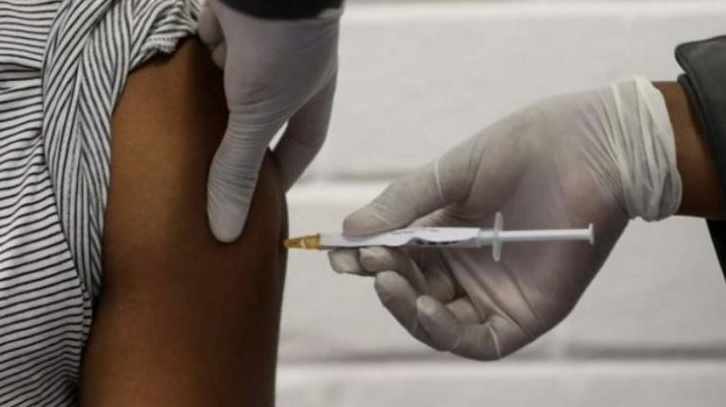
SA halts use of Johnson & Johnson vaccine over blood clot fears
Published on April 14, 2021 at 7:07 AM by Face of Malawi
South Africa suspended giving Johnson & Johnson vaccine shots Tuesday as a “precautionary measure” and the company delayed its European vaccine rollout following the FDA decision to pause using the jabs while blood clot cases are examined.
South Africa has given more than 289,000 jabs of the J&J vaccine to the country’s health workers without any reports of blood clots, Health Minister Dr. Zweli Mkhize told reporters.
He said South Africa was halting the use of J&J jabs “out of an abundance of caution” and he expects that the questions over the J&J vaccine should “be cleared within a matter of days.”
Earlier, Johnson & Johnson said it was delaying the rollout of its coronavirus vaccine across Europe amid the U.S. probe, a move that experts worried could further shake vaccine confidence and complicate COVID-19 immunization efforts.
The announcement came after regulators in the United States said they were recommending a “pause” in the single-dose shot to investigate reports of rare but potentially dangerous blood clots.
“We have made the decision to proactively delay the rollout of our vaccine in Europe,” Johnson & Johnson said.
The delay is a further blow to vaccination efforts in the European Union, which have been plagued by supply shortages, logistical problems and concerns over unusual blood clots in a small number of people who received the AstraZeneca vaccine, which is made by a process similar to the J&J shot.
The blood clot reports prompted several countries in the 27-nation bloc to limit the AstraZeneca vaccine to older people, which are more at risk from serious illness and death when infected with COVID-19. The bloc’s drug regulator, the European Medicines Agency, has authorized the AstraZeneca shot for all people 18 and over.
Many leading COVID-19 vaccines train the body to recognize the spike protein that coats the outer surface of the coronavirus. But the J&J and AstraZeneca vaccines use a cold virus, called an adenovirus, to carry the spike gene into the body. Johnson & Johnson uses a human adenovirus to create its vaccine, while AstraZeneca uses a chimpanzee version.
In a joint statement Tuesday, the Centers for Disease Control and Prevention and the Food and Drug Administration said they were investigating six cases of unusual clots that occurred six to 13 days after vaccination with the J&J shot.
All six cases were women between 18 and 48, including one who died. The FDA commissioner said she expected the pause to last a matter of days.
The European Medicines Agency said it is “currently not clear” whether the J&J shot was responsible for the rare clotting disorders.
Last week, the EU drug regulator said it found a “possible link” between the AstraZeneca shot and rare blood clots but that the benefits of vaccination far outweighed the risks of COVID-19.
AP


